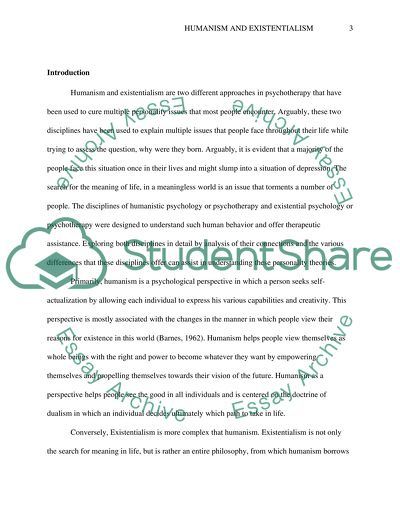Cite this document
(“Humanism and Existentialism Research Paper Example | Topics and Well Written Essays - 1250 words”, n.d.)
Humanism and Existentialism Research Paper Example | Topics and Well Written Essays - 1250 words. Retrieved from https://studentshare.org/psychology/1695828-humanism-and-existentialism
Humanism and Existentialism Research Paper Example | Topics and Well Written Essays - 1250 words. Retrieved from https://studentshare.org/psychology/1695828-humanism-and-existentialism
(Humanism and Existentialism Research Paper Example | Topics and Well Written Essays - 1250 Words)
Humanism and Existentialism Research Paper Example | Topics and Well Written Essays - 1250 Words. https://studentshare.org/psychology/1695828-humanism-and-existentialism.
Humanism and Existentialism Research Paper Example | Topics and Well Written Essays - 1250 Words. https://studentshare.org/psychology/1695828-humanism-and-existentialism.
“Humanism and Existentialism Research Paper Example | Topics and Well Written Essays - 1250 Words”, n.d. https://studentshare.org/psychology/1695828-humanism-and-existentialism.


